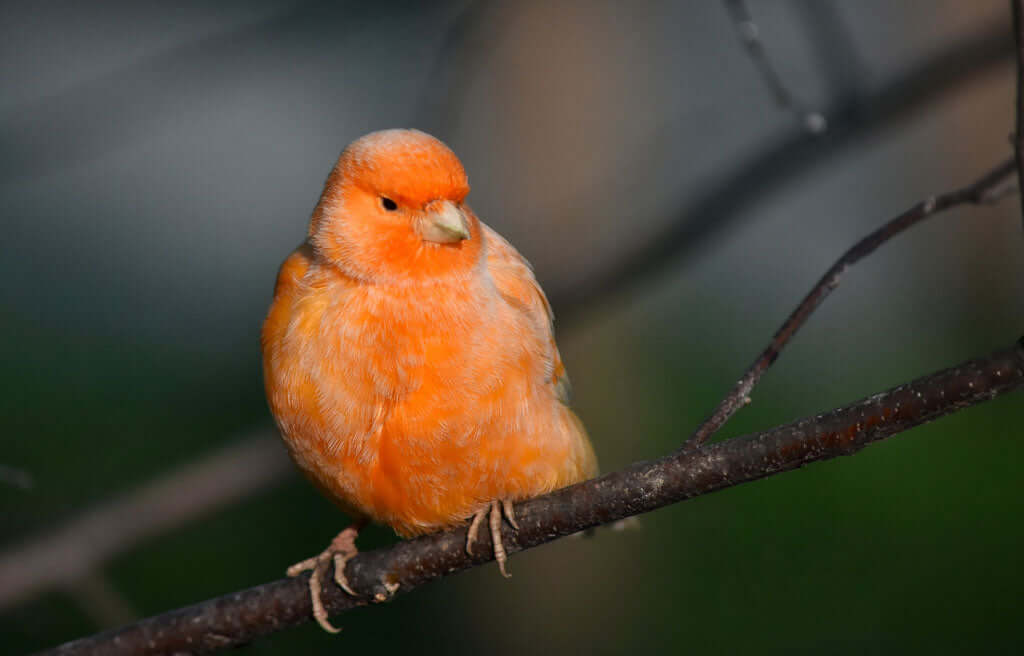
Common Questions About Canaries: Answers and Tips
Share
Bird-keeping expert Fred Wright answers some of your FAQs:
Q: I am confused – canary breeders at my local club talk about Yellows v Buffs but I don’t really understand what it means. Can you help?
A: All birds including canaries have two types of feathers – Buff and Yellow. Forget the idea it’s just about colour!

The Yellow feather is a smaller feather and the colour is more intense and colour in the feathers goes right up to the edges of the feather.

The Buff feather is a slightly larger feather, wider and longer, and the edges can only be described as a bit fluffy. The overall colour of the feather is softer than the Yellows, paler and the larger feather makes the bird look bigger.
The convention is to pair Buff to Yellow when breeding. There are some varieties where on the odd occasion Yellow x Yellow is recommended. It’s when the size of the youngsters needs to be reduced. But unless you are very experienced and know exactly what you are doing its Yellow x Buff every time. It does not matter which of the partners is the Yellow or the Buff.
Q: My Canaries seem to drink a lot of water – it that normal?

A: Canaries love fresh water. They need access to it all the time. Given the chance many of them will bath in it. Canaries do seem to drink a lot of fresh water and many fanciers who have the time to spend a lot of time with their birds like to change the water two or three times a day. It’s interesting to watch as when the fresh water is offered, the birds go for it straight away. Don’t get worried that your birds are drinking a lot – it’s perfectly normal!
Q: I have a pet canary in the house, it looks fit and healthy but it never sings. I have had it 18 months – but never sings. What wrong?
A: I think you are going to be disappointed with this response but I believe the bird you have is a hen – and not a cock. Only cocks sing! After 18 months and if the bird is really fit and it is a cock, it would be singing. It’s quite difficult to be completely certain with young canaries deciding if they are cocks or hens. Keep enjoying your bird, but I fear it will never sing!
A: All birds including canaries have two types of feathers – Buff and Yellow. Forget the idea it’s just about colour!

The Yellow feather is a smaller feather and the colour is more intense and colour in the feathers goes right up to the edges of the feather.

The convention is to pair Buff to Yellow when breeding. There are some varieties where on the odd occasion Yellow x Yellow is recommended. It’s when the size of the youngsters needs to be reduced. But unless you are very experienced and know exactly what you are doing its Yellow x Buff every time. It does not matter which of the partners is the Yellow or the Buff.
Q: My Canaries seem to drink a lot of water – it that normal?

A: Canaries love fresh water. They need access to it all the time. Given the chance many of them will bath in it. Canaries do seem to drink a lot of fresh water and many fanciers who have the time to spend a lot of time with their birds like to change the water two or three times a day. It’s interesting to watch as when the fresh water is offered, the birds go for it straight away. Don’t get worried that your birds are drinking a lot – it’s perfectly normal!
Q: I have a pet canary in the house, it looks fit and healthy but it never sings. I have had it 18 months – but never sings. What wrong?
A: I think you are going to be disappointed with this response but I believe the bird you have is a hen – and not a cock. Only cocks sing! After 18 months and if the bird is really fit and it is a cock, it would be singing. It’s quite difficult to be completely certain with young canaries deciding if they are cocks or hens. Keep enjoying your bird, but I fear it will never sing!
Written by Fred Wright


1 comment
I have bred a cinnamon yellow Corona hen from a 3 parts dark carrier cock and a buff Corona hen, no one seems to know how a yellow has appeared and no, I don’t remove eggs so no chance of a mistake there and I would never put a cinnamons egg in another cinnamons nest!